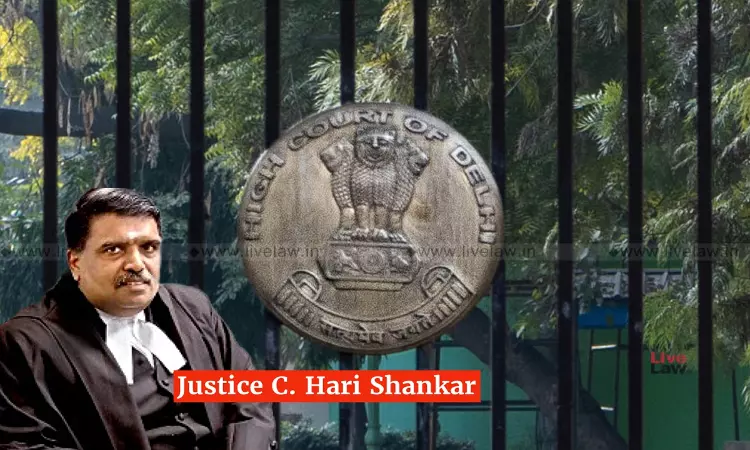In an application seeking appointment of a Local Commissioner (LC), the Delhi High Court on Wednesday held that such appointments cannot be sought by parties to equip themselves with ‘best evidence’ in their case against others.Speaking of Order 26 Rule 10A CPC which empowers a court to issue commissions, Justice C. Hari Shankar said that the provision was invocable only where the...

